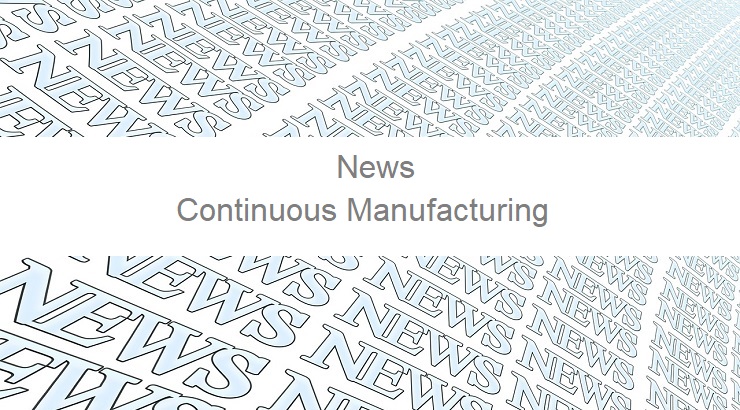By: Jan Biezepo
Growing competition, consumer expectations, and complex external environment has made businesses across industries look for ways to differentiate themselves. Therefore, streamlined workflow, centralized management, agile decision making, and data backed analytics have become need of the hour in every industry. To respond to this changing scenario, Enterprise Resource Planning (ERP) software is a natural choice for businesses. Every industry has its unique reasons to implement a suitable ERP software system. The same is true for the pharmaceutical industry.
The last several years have been extremely dynamic for the pharmaceutical industry. Competitive pressure, price wars, stringent production regulations, and the continuous ask to churn innovation has kept the players on their toes.The pharma companies are now facing an informed customer and a vigilant regulator.Consumers are looking for healthcare products with the highest quality and the best price. The pharma manufacturers and distributorsmust respond to this need by reducing cost, streamlined operations and maximizing efficiency. Hence, there is no choice but to ensure the highest quality standards across all processes, along with faster production lines, and precise regulatory compliance.
ERP software empowers pharma companies to integrate, consolidate and automate all the key functions. Therefore, businesses can keep a track of their sensitive operations across functions such as quality control, intellectual property, compliance, expiry management, formulation, costing and finance, and so on. The ability to provide a microscopic or bird’s eye view of the organization wide processes, as per the need,is the key reason for pharma manufacturing industryto increasingly adopt an ERP system. Here is how an ERP system enables seamlessly synchs several operations and connects the dots across a pharma business:
Regulatory compliance
An ERP system can manage comprehensive compliance amid continuous changes in the regulatory landscape. compliance managers can set triggers, validate internal protocols, and initiate checks and balances using an ERP. Since pharma ERP is specialized software designed for the industry, it integrates formulation management with regulatory mandate to provide full compliance.
Similarly, it helps in document management that forms the core of statutory vigilance and audits. Recording all historical data of every process and related documentation is mandatory for audit checks and future analysis. For instance, there could be an important piece of information from R&D centers that can be stored at a single point and accessed remotely using an ERP system.
Inventory and material management
Pharma ERP offers modules that allow inventory managers to control pilferage and monitor inventory levels. All material requirements for production are maintained in real time. There is also an option to create triggers for procurement and replenishment, monitors material usage, reconcile inventory levels and generate inventory status dashboard at a predefined frequency.
Distribution Management
The batch and lot tracking play a very important role in the pharma industry. Think of a time when the entire batch of a medicine is required to be replaced amid a regulatory crisis. ERP module provides a dedicated module to monitor batches at every stage. Be it requisition stage, in-progress quality check (IPQC), or sales at retail store, manufacturers never lose the sight of what they produce. Such a feature could be life savior at times.
Sales and marketing management
An ERP system can help with sales order processing and contract management instantly by using pre-defined templates. It can also store and manage customer records and history; create competitive price quote basis past data, map this information with respect to a sales order, and create automated marketing workflows. This means that driving promotional campaigns can be done from a single window.
Recipe Management
This is perhaps the most important aspect where ERP system helps pharmaceutical manufacturers. Extreme competition in the industry means that the players often engage in a price war. The formulation of ingredients is very critical to control the price and effectiveness of the drug. An ERP system can store critical drug recipes with necessary level of safety and security.
The application of ERP system for pharma industry is not limited to the above. With the advent of artificial intelligence and machine learning, the system can learn on the go and become more useful for anorganization. However, every pharma manufacture, while implementing the ERP should evaluate the suitability, flexibility and level of customization possible to accommodate the future changes in the external environment.
(The author is Managing Director-South Asia, QAD and the views expressed in this article are his own)

